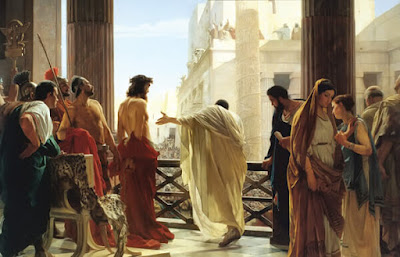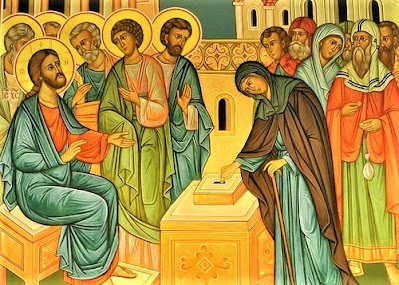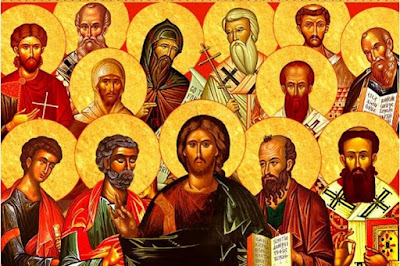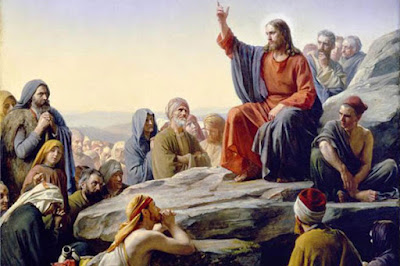Homily for the Solemnity of Christ the King, November 21, 2021, Year B

Fr. Charles Irvin Diocese of Lansing ( Click here for Sunday’s readings ) It is no secret that there is widespread distrust of authority these days, a distrust of our basic institutions and their leaders that, in many cases, arises from understandable reasons. In reaction, personal individualism has been advocated to such an extreme that for many people the only acceptable authority is the individual self. The only authority that I will allow to tell me what is right and what is wrong is myself. Many are therefore uncomfortable with idea of Christ as ruler. With the exception of a fascination with England’s royal family we balk at the idea of kings and queens, believing them to be either oppressive or no longer relevant. The titles of “lord” and “king” for Christ are unsettling for some folks because they believe that such titles are borrowed from oppressive and irrelevant systems of government. I am troubled by all of this hesitancy because it casts Christ as being a threat. But



